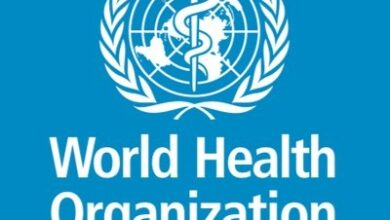SRK: I’ll never retire from acting, will have to be fired

Mumbai, Feb 20: Bollywood superstar Shah Rukh Khan, whose latest release ‘Pathaan’ created a tizzy at the box-office, said that he will never retire from acting – he will have to be fired from it!
Shah Rukh on Monday treated his fans to a question and answer session, where one asked him about who will be the next big thing after he retires.
SRK replied: “I will never retire from acting…I will have to be fired…and maybe even then I will come back hotter!!”
Talking about when he first saw himself on screen, the star said: “I get awkward seeing myself in screen.”
A user asked him about his favourite car from his line-up and the one he would never sell, SRK told the user that all the news about his luxury cars is “bogus”.
“Actually I don’t have any cool cars…except Hyundai of course. All social media articles about luxury cars I allegedly have are bogus.”






